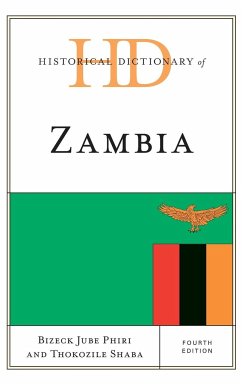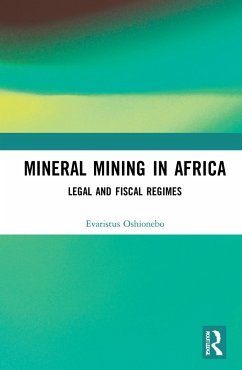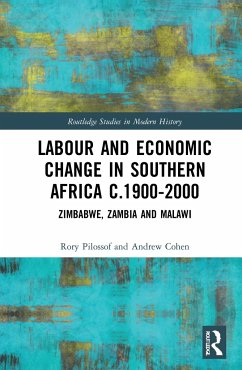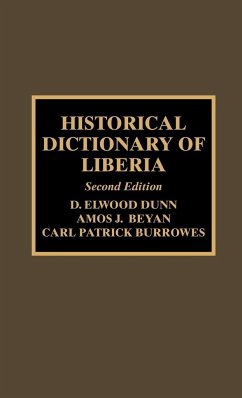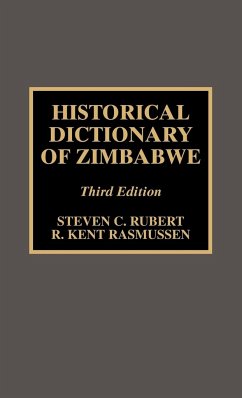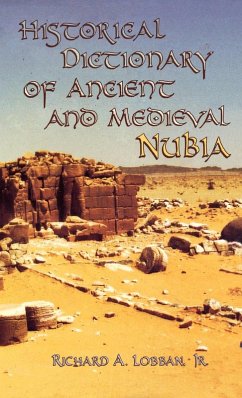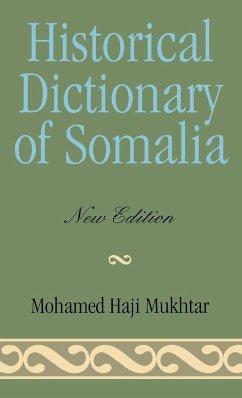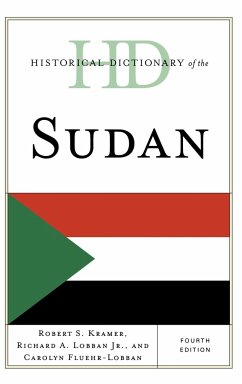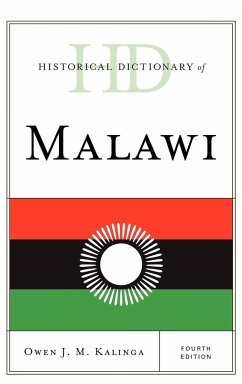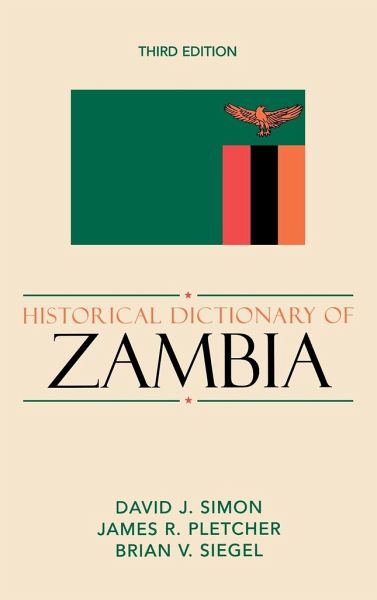
Historical Dictionary of Zambia
Versandkostenfrei!
Versandfertig in 1-2 Wochen
213,99 €
inkl. MwSt.

PAYBACK Punkte
107 °P sammeln!
In many respects, Zambia is an African success story. From a territory whose borders were drawn with minimal attention either to the ethnic geography of the day or to natural features that combined (and sometimes divided) dozens of distinct ethnic groups, rose a nation with a long record of peace that has enjoyed decades of constitutional rule, and even, in recent years, an increasingly competitive democracy. Perhaps most improbably, the country has forged a national identity. Unfortunately, peace, constitutionalism, democracy, and nationhood constantly face challenges, such as in the election...
In many respects, Zambia is an African success story. From a territory whose borders were drawn with minimal attention either to the ethnic geography of the day or to natural features that combined (and sometimes divided) dozens of distinct ethnic groups, rose a nation with a long record of peace that has enjoyed decades of constitutional rule, and even, in recent years, an increasingly competitive democracy. Perhaps most improbably, the country has forged a national identity. Unfortunately, peace, constitutionalism, democracy, and nationhood constantly face challenges, such as in the elections of 2006 when the ugly language of ethnic confrontation found renewed currency. Moreover, Zambia's economic record and prospects have been on the decline. After over four decades, per capita incomes are lower than they were at the dawn of independence, and 95 percent of its people live on less that $2 per day. Despite repeated efforts to diversify the economy, copper exports and foreign assistance are the main sources of the vast majority of Zambia's foreign exchange earnings. And most devastating at all, the AIDS pandemic has already lowered the average life expectancy below 40. For a country one might regard as "heading in the right direction," Zambia has a long way to go. The third edition of Historical Dictionary of Zambia, through its chronology, introductory essay, appendixes, map, bibliography, and hundreds of cross-referenced dictionary entries on important persons, places, events, and institutions and significant political, economic, social, and cultural aspects, provides an important reference on this African country.



